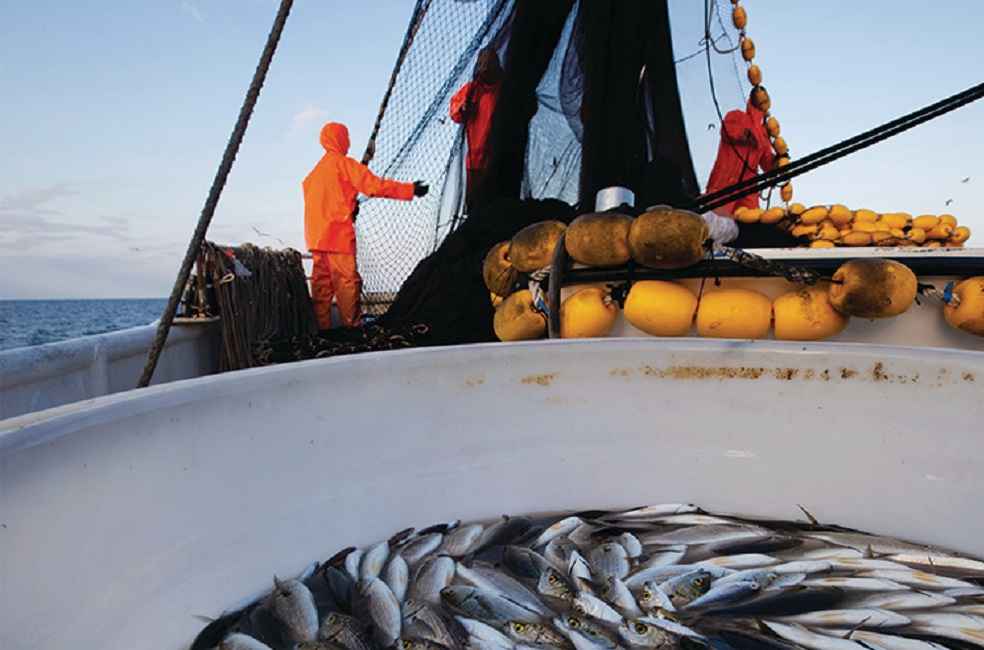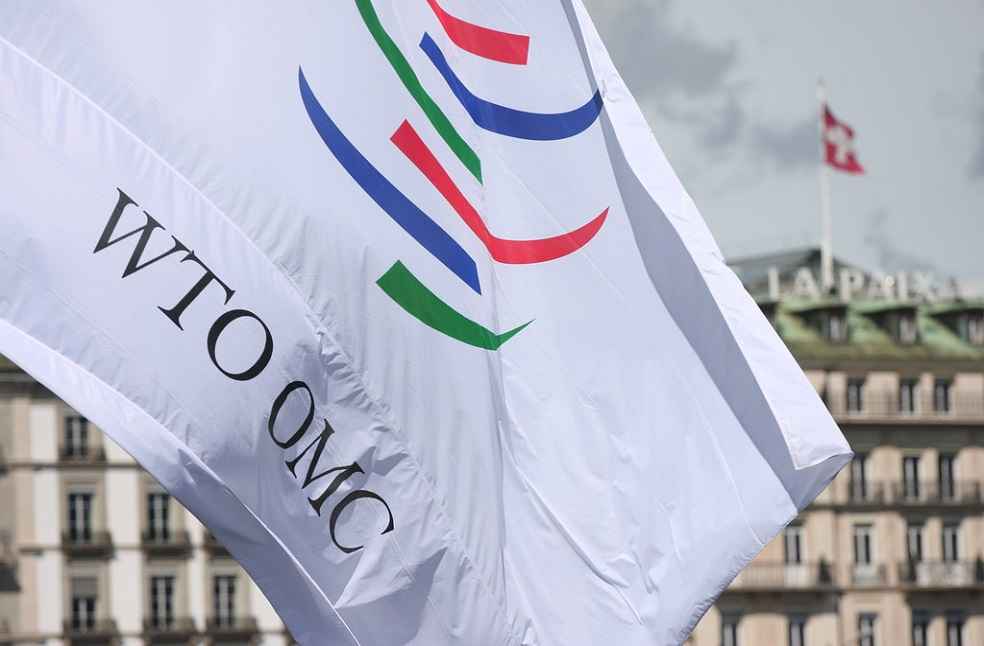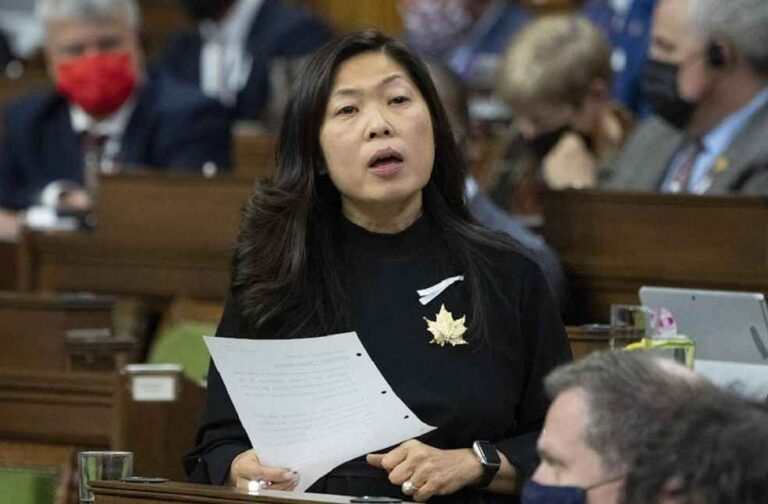Under the stewardship of The Honourable Mary Ng, Canada’s Minister of Export Promotion, International Trade, and Economic Development, global trade luminaries convened within the framework of the Ottawa Group, setting the stage for transformative dialogues on World Trade Organization (WTO) reforms. This virtual assembly, significantly enriched by WTO Director-General Ngozi Okonjo-Iweala’s participation, serves as a precursor to the highly anticipated 13th WTO Ministerial Conference (MC13), scheduled for February 26 to 29, 2024.
The leadership exhibited by Minister Ng underscores Canada’s assertive approach toward steering the complexities of global trade, manifesting a steadfast dedication to reshaping the WTO. These dialogues transcend mere bureaucratic exchanges, embodying Canada’s expansive vision for a trading ecosystem that champions stability, predictability, and equity for enterprises, labor, and communities globally, especially against the backdrop of prevailing global economic volatilities.

A critical agenda item was the collective momentum toward endorsing the Agreement on Fisheries Subsidies. Ng’s advocacy for this cause echoes a universal mandate – to mitigate the adverse effects of detrimental subsidies on global fisheries resources, thus safeguarding our marine environments for ensuing generations. This initiative exemplifies Canada’s commitment to sustainable trade practices that harmonize with environmental conservation.
The advocacy for renewing the moratorium on customs duties on electronic transmissions highlights a policy that protects the digital economy by ensuring enterprises and consumers engage in digital goods trade online without the imposition of additional tariffs. This stance underscores the imperative of evolving trade policies to align with the digital era’s realities, promoting an inclusive and tariff-free digital trade sphere.
The Ottawa Group’s dialogues also delved into contemporary global trade challenges, such as industrial and environmental policy and inclusivity. Ng accentuated the necessity for collaborative endeavors to navigate these modern challenges, aiming to reinforce global supply chains and augment trade predictability. Such initiatives are crucial not merely for Canada’s economic prosperity but also for crafting a resilient global trade architecture that benefits individuals globally.

As MC13 looms, Canada’s active participation and leadership within the Ottawa Group signal a dedicated effort to propel the WTO reform agenda. This reflects a global vision of nurturing a stable, predictable, and equitable trading environment that catalyzes economic development and job creation across nations. Ng’s concluding thoughts encapsulate Canada’s pivotal role in sculpting the future of international trade, highlighting a commitment to policies that yield benefits not only for Canadians but for the global populace at large.
In an epoch characterized by economic challenges and prospects, Canada’s leadership in championing WTO reforms and multilateral trade collaboration exemplifies a laudable model of how nations can unite to further collective goals for the universal good. The repercussions of these discussions and the forthcoming MC13 will indubitably leave an indelible mark on the global trade landscape, underscoring the significance of unity, discourse, and action in navigating the intricacies of international commerce.
LATEST NEWS | EU’s ‘Aspides’ Launch: Shielding Red Sea Trade from Houthi Threats



